- Home Audio
- Home Theatre
- Lifestyle and Architectural Solutions
- Headphones and Mobile Players
- Cables
- Pro Audio
- Home
-
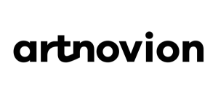 Artnovion
Artnovion
-
 Astell&Kern
Astell&Kern
-
 Brinkmann
Brinkmann
-
 Cambridge Audio
Cambridge Audio
-
 Crystal Cables
Crystal Cables
-
 Chord Company
Chord Company
-
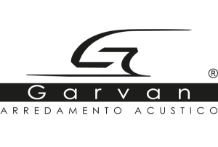 Garvan Acoustics
Garvan Acoustics
-
 Gold Note
Gold Note
-
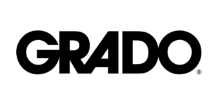 Grado Labs
Grado Labs
-
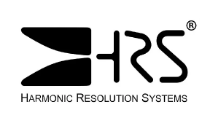 HRS
HRS
-
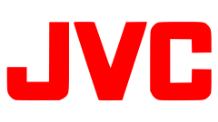 JVC
JVC
-
 Krix Loudspeakers
Krix Loudspeakers
-
 LEA
LEA
-
 LOEWE
LOEWE
-
 Lumagen
Lumagen
-
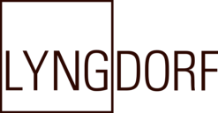 Lyngdorf
Lyngdorf
-
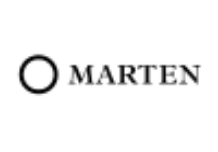 Marten
Marten
-
 McIntosh Labs
McIntosh Labs
-
 MOON by Simaudio
MOON by Simaudio
-
 Panamorph
Panamorph
-
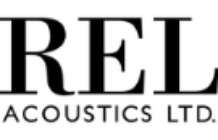 REL Acoustics
REL Acoustics
-
 Screen Innovations
Screen Innovations
-
 Siltech Cables
Siltech Cables
-
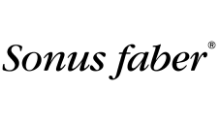 Sonus Faber
Sonus Faber
-
 Sony
Sony
-
 STAX
STAX
-
 Stromtank
Stromtank
-
 Sumiko
Sumiko
-
 WEISS
WEISS
-
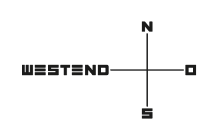 Westend
Westend
-
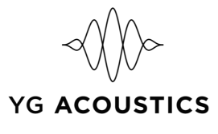 YG Acoustics
YG Acoustics
-
-
-
 Artnovion
Artnovion
-
 Astell&Kern
Astell&Kern
-
 Brinkmann
Brinkmann
-
 Cambridge Audio
Cambridge Audio
-
 Crystal Cables
Crystal Cables
-
 Chord Company
Chord Company
-
 Garvan Acoustics
Garvan Acoustics
-
 Gold Note
Gold Note
-
 Grado Labs
Grado Labs
-
 HRS
HRS
-
 JVC
JVC
-
 Krix Loudspeakers
Krix Loudspeakers
-
 LEA
LEA
-
 LOEWE
LOEWE
-
 Lumagen
Lumagen
-
 Lyngdorf
Lyngdorf
-
 Marten
Marten
-
 McIntosh Labs
McIntosh Labs
-
 MOON by Simaudio
MOON by Simaudio
-
 Panamorph
Panamorph
-
 REL Acoustics
REL Acoustics
-
 Screen Innovations
Screen Innovations
-
 Siltech Cables
Siltech Cables
-
 Sonus Faber
Sonus Faber
-
 Sony
Sony
-
 STAX
STAX
-
 Stromtank
Stromtank
-
 Sumiko
Sumiko
-
 WEISS
WEISS
-
 Westend
Westend
-
 YG Acoustics
YG Acoustics
- About Anquan
- Experience Center
- Custom Install
- Artwork
- Points of Sale
- Contact Us
ADDED TO YOUR CART
NEWSLETTER
Subscribe to the newsletter to learn the latest news and highlights from our collection.
Wait...
Charilaou Trikoupi 2,
Glyka Nera 15354
(above Jaguar Land Rover Showroom, corner Lavriou Avenue),
Greece
[email protected]
+30 21 0613 3441
Glyka Nera 15354
(above Jaguar Land Rover Showroom, corner Lavriou Avenue),
Greece
Copyright © 2026 Anquan Av.gr. All rights reserved.
Powered by nopCommerce
|
Designed & Developed by SLEED
